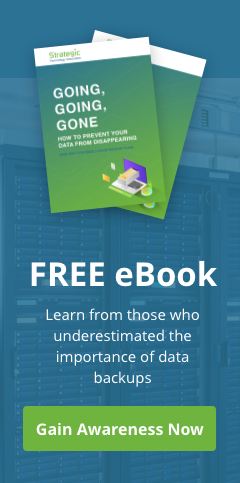Business continuity is often overlooked until it’s too late. But with the cloud on their side, IT departments and business owners can more easily adopt this strategy to help avert the next outage. Here’s how the cloud benefits implementations of business continuity.
BI is not just for the big boys
How CRM boosts business revenue
How business continuity plans fail
Tips and tricks for collecting customer data

Businesses have more access to customer data than ever before, and that trend will likely continue in the future. The insights you get from all that data are valuable. However, a lot of data is unnecessary or possibly even problematic. To ensure your insights are relevant and useful, you must have a well-defined data collection system in place.
5 IT investment mistakes to avoid
Back up your data with these solutions

Today’s businesses rely heavily on data to run their day-to-day operations. They use it for everything from building client relationships to developing marketing strategies and so much more. But without data backups, businesses stand to suffer from major losses and even end up closing up for good should any natural or human-made disaster occur.
Why dashboards are vital to your business
7 Types of video content to engage customers
Analytics are critical for effective data backups

Collecting data is vital for keeping records, tracking performance, and delighting customers. With so much on the line, it’s never been more important to have backups of all your files. If your data is growing at a rate that’s hard to keep up with, analytics tools are an awesome way to figure out which backups matter most and how to prioritize them.








